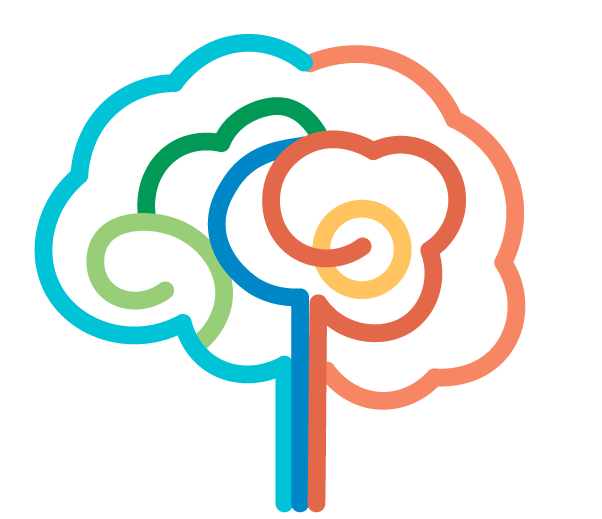Researchers in cultural neuroscience investigate how immersion in a cultural context can play a role in determining both the structure and function of the brain. Just as different types of childhood experiences and expertise can affect the brain, cultural values and practices also have an impact.
Researchers in the Aging Mind Lab built on seminal behavioral work by Dr. Richard Nisbett, who argued that differences in cultural values between Westerners and East Asians affect the way we process information. The individualistic self-focus values of Westerners results in attention to individual objects in a scene at the expense of processing background information. In contrast, East Asian cultures, due to their focus and concern about fitting into the group tend to process information as a whole without breaking information into parts.
Cultural neuroscience can provide great insight into how information is processed, prioritized, and remembered differently by East Asians and Westerners. It is critical to recognize that cultural differences can literally result in different experiences and reality for people experiencing an identical event, as the brain selectively processes information in culture-specific ways.

